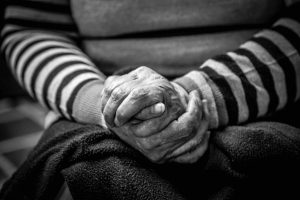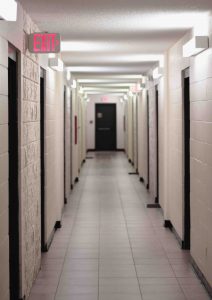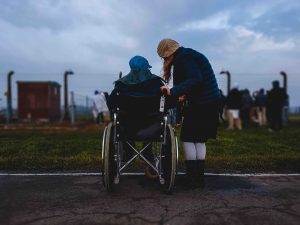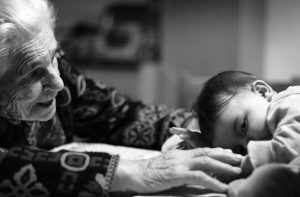Anyone in Los Angeles County who has a loved one with dementia in a nursing home should learn more about a recent study concerning a drug that purports to reverse the effects of this disease. While nursing home abuse and neglect in Los Angeles County can affect any senior regardless of any existing health issues, older adults who suffer from Alzheimer’s disease and other forms of dementia can be particularly vulnerable to elder abuse. According to the Alzheimer’s Association, “people with dementia are especially vulnerable because the disease may prevent them from reporting the abuse or recognizing it.” Moreover, seniors with dementia “also may fall prey to strangers who take advantage of their cognitive impairment.”
According to a recent press release from the University of California, researchers at UC Berkeley recently published a study that suggests certain drugs may be able to “slow or even reverse the cognitive decline that comes with age.” By reversing the effects of dementia, it could be possible to reduce the rate of nursing home abuse that occurs. We want to tell you more about the recent study and to discuss its implications.
Reducing Brain Inflammation May Reverse Signs of Dementia
 California Nursing Home Abuse Lawyer Blog
California Nursing Home Abuse Lawyer Blog



















